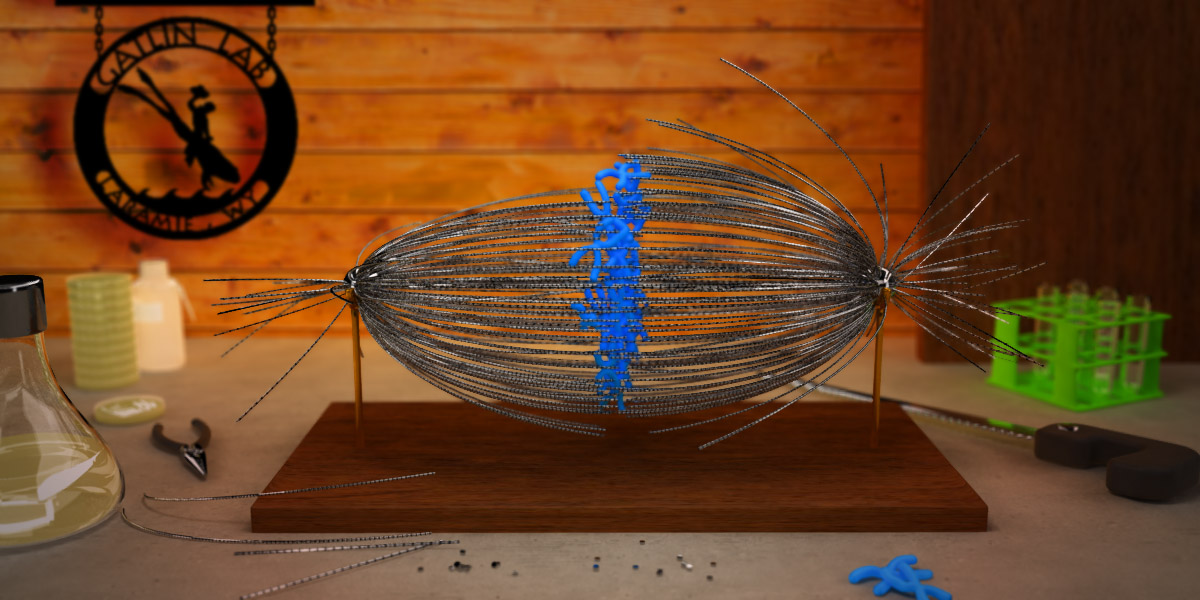The broad interest of the Gatlin Lab is to better understand how the microtubule cytoskeleton organizes itself and the cell. This dynamic network of tubulin polymers is critically important for many aspects of cellular function including cell motility and cell division. Most of our current research is focused on the latter, specifically in understanding how one microtubule-based structure, the mitotic spindle, is assembled and how it contributes to the remarkable fidelity of chromosome segregation.
In order to accurately segregate its chromosomes, a dividing cell must first build a mitotic spindle from soluble cytoplasmic components. Once constructed, this machine generates the forces required to physically separate duplicate copies of chromosomes during cell division. Despite the mechanical nature of the assembly process and spindle function, our understanding of how spindle components self-organize in space, and then generate and respond to physical forces, is lacking. Filling this knowledge gap has important implications in the context of human health, because errors in spindle assembly can lead to aneuploidy, a hallmark of neoplastic transformation and a cause of chromosomal birth defects.
In our pursuit to understand mitotic spindle assembly, we develop and use a wide range of biophysical, biochemical, and cell biological approaches.

